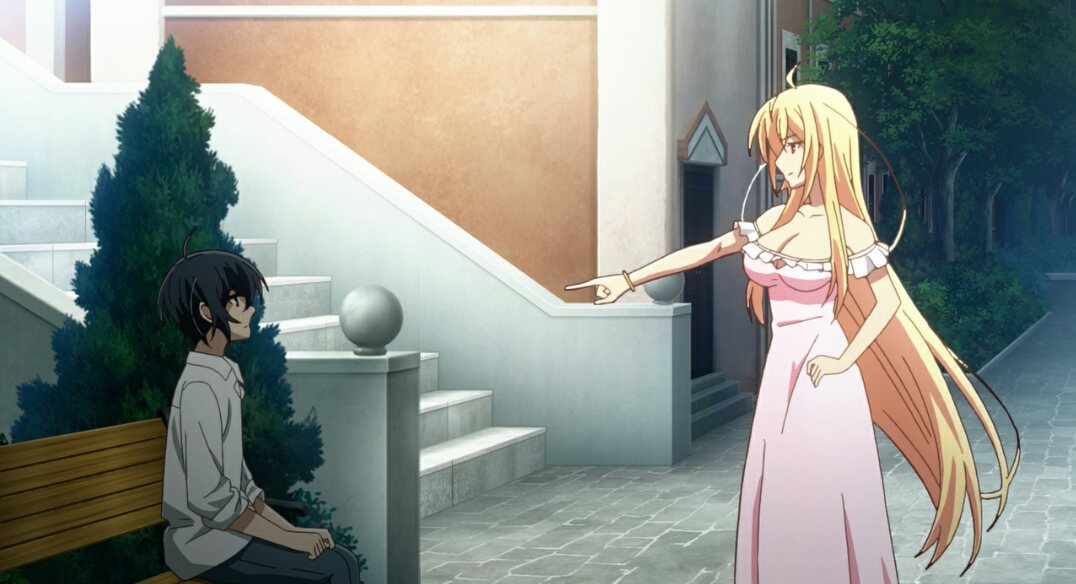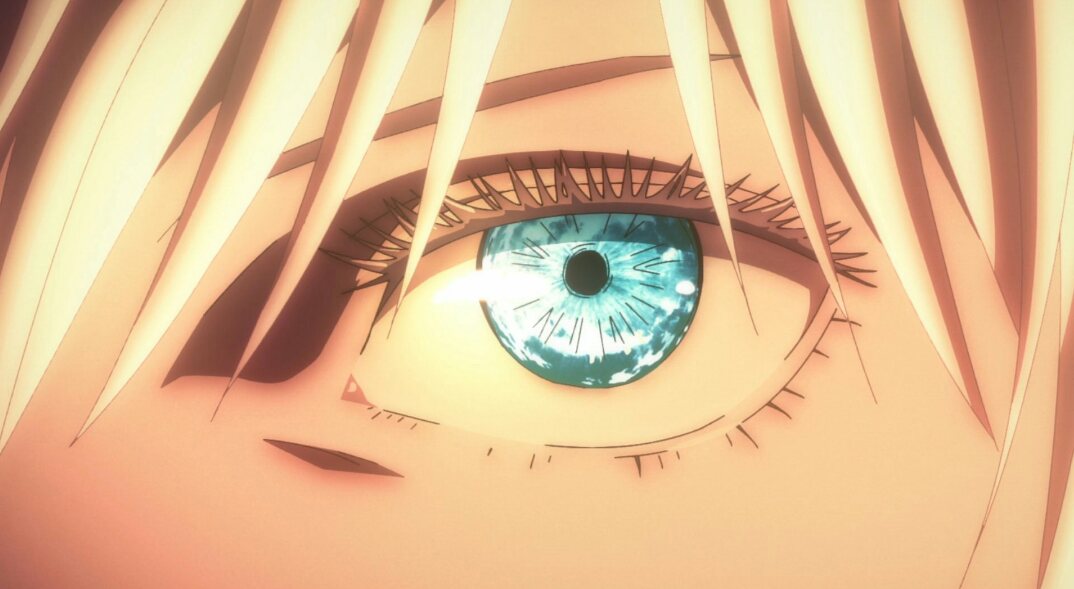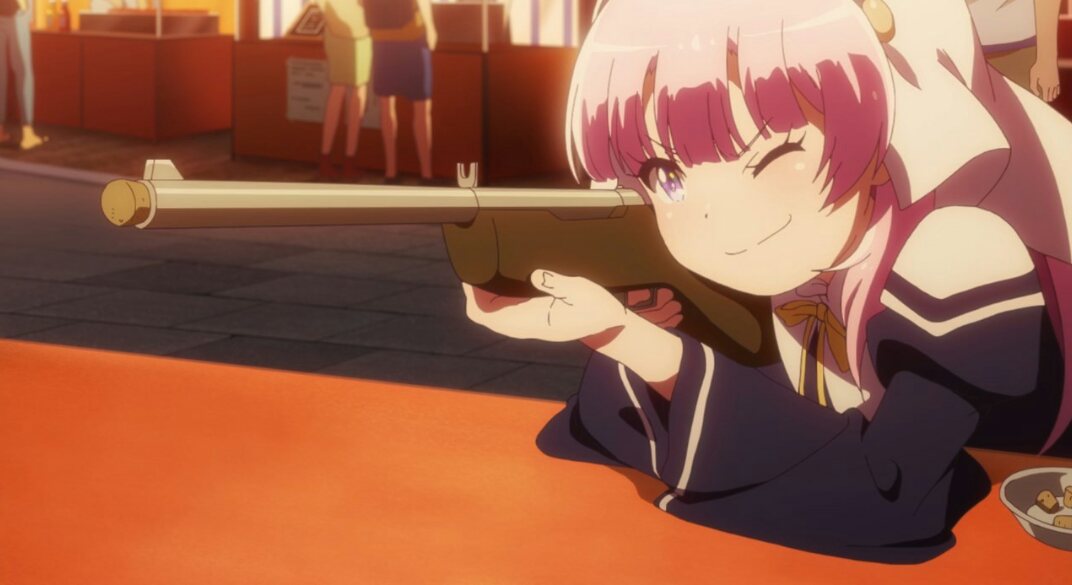SEASONAL PRATTLE
This was a really pleasing turnout from Jujutsu Kaisen on both sides of the coin – delivering an immersive production effort down to the tacks and pushing out a level of healthy scripting that heartily understands its mood shifts and hooks. There’s no doubt our latest showing is visually gifted, which should come to little surprise this deep in: Episode seven showcases one scene after another of beautifully composed shots and frames that communicate both motion and impact with ease, consistently appearing well-considered and undoubtedly praiseworthy in their raw correlation. The amount of value viewers receive only deepens as Gojou fight runs on – staying crisp in its vision of essential sequences and very rewarding once his domain is in play, and then flowing nicely into relevant pieces of telling with the reveal of new key characters. Jujutsu Kaisen has widely been billed for quite some time now as one of Fall’s strongest works, and it really lived up to that here. Nicely done!
Adachi to Shimamura (6)
“Paying equal attention to natural pauses and physical tics as the dialogue choices itself”
Adachi to Shimamura continues to remain consistently acute, pairing well-observed moments of insecurity and youth with its usual frictionless delivery. This gives episode six the foundation for the kind of low key storytelling that acknowledges that life isn’t a series of sharp beats, rather, it’s more of a set of countless quiet ones that all have their own hand in giving those bigger beats shape – which is virtually the live thematic spine of the Christmas exploits we’re treated to here. From articulations that effortlessly illuminate Adachi’s headspace to conversational give and takes that are well rounded, paying equal attention to natural pauses and physical tics as the dialogue choices itself, six wrapped up as yet another pleasant ride. Adachi to Shimamura is such a joy to have this season!
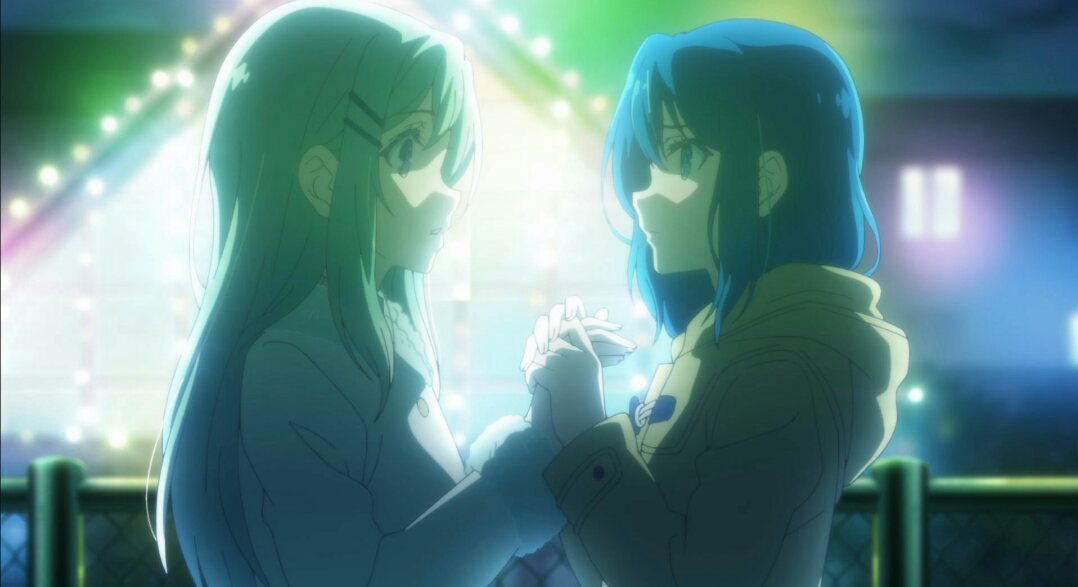
Munou na Nana (7)
“Providing effective challenges and offbeat answers to make the journey along the way to the assumed outcome entertaining”
Munou na Nana rolls on, stacking another favorable showing onto a growing pile that already has its fair share. A good deal of episode seven’s strength comes down to the balancing act of solutions and predictability. For a show like this, the default assumption has been thoroughly established that Nana “will” pick up the kill for whatever target she sets her eyes on, and therefore, it’s extremely important for our writing to contend that assumption – providing effective challenges and offbeat answers to make the journey along the way to the assumed outcome entertaining. And that’s exactly what we get! Whether it’s Nana scheming off of hard character traits like previously with Tsunekichi’s confidence or here with Yuka’s adoration, riding on theory and gambits, or finding some physical ingenuity as she did with the cottage door – it’s been very easy to find enjoyment in what Munou na Nana wants to sell time and time again.
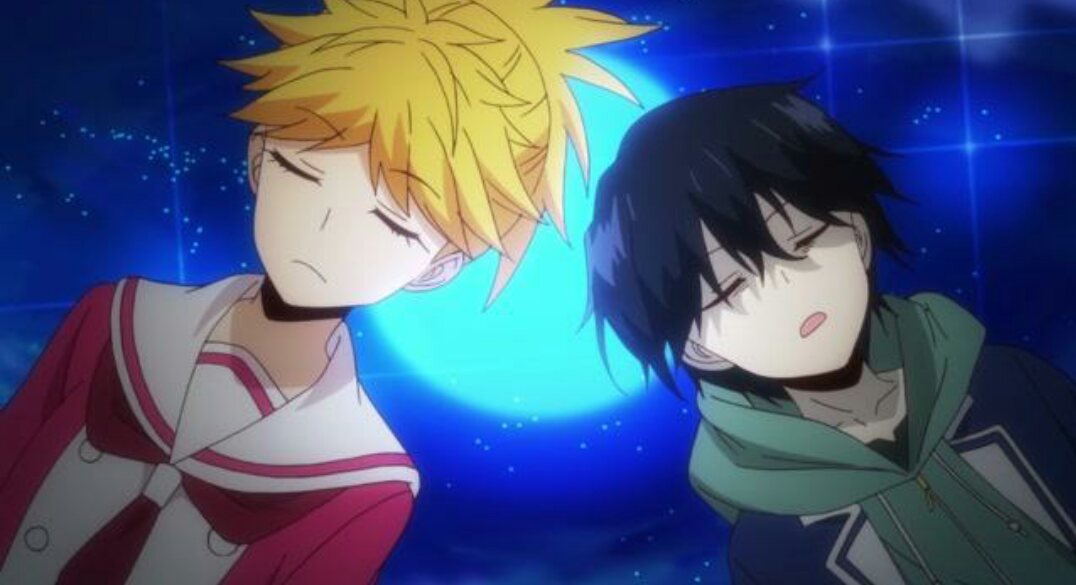
Majo no Tabitabi (7)
“This definitely wasn’t Majo no Tabitabi anywhere near its best, but it’s functional enough to make do”
Majo no Tabitabi had a decent showing, offering some splashes of drunk Elaina and light fun when it had the opportunity. Unfortunately, seven doesn’t have too much outside of that scope; Both narrative threads presented in this one are more straightforward than expected, and their outcomes are not only limited in their reward but somewhat redundant. It also doesn’t help that our content lacks the usual polish this series has been able to steadily provide – not particularly highlighting key beats to the extent that the story is visually indifferent. This definitely wasn’t Majo no Tabitabi anywhere near its best, but it’s functional enough to make do.

Tonikaku Kawaii (7)
“Another batch of couple affairs that are in the same largely unremarkable vein as episode six’s offerings”
Seventh showing from Tonikaku Kawaii and its performance basically meets expectations, a placid road of storytelling that’s never as funny as it thinks it is or even that romantically charming – inevitably ending up to be more “fair” than anything when the dust settles. For roughly a whole two minutes this week, Tonikaku Kawaii whips up some actual narrative value coming in the form of Chitose loudly questioning Tsukasa’s reasoning for marrying Nasa, a line that would eventually end up to be the only tidbit that had a notable pulse. Unfortunately, it’s briefly contemplated on and then inevitably swallowed up in another batch of couple affairs that are in the same largely unremarkable vein as episode six’s offerings. This show just doesn’t have much going for it at the moment beyond the most basic touchpoints of its genre space.
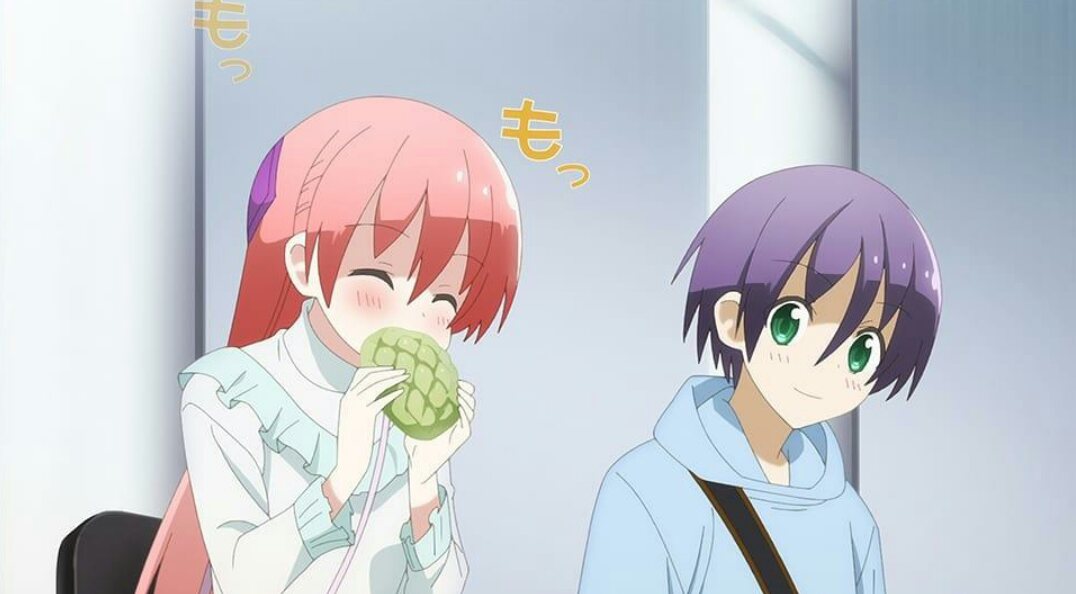
Kamisama ni Natta Hi (6)
“We’ve been given seemingly random, roughly formulated episodes”
Kamisama ni Natta Hi proceeds as usual – holding onto a healthy production effort but remaining soiled by blatantly poor scenario writing and characterization, resulting in a sixth spectacle that often lands as just plain bad. One of the biggest anchors dragging this episode down is Hina’s abrupt wave of jealousy, a stunt for her character that’s so improperly built up, yet flaunted loudly all throughout the course of our events, that it overshadows the rather generic summer festival theme that backbones it all. Further contributing to and rounding out the drag down, six’s ridiculous bike chase ending and low effort attempts to lend Ashura texture are both equally laughable in isolation as they are in execution – each feeling like a snippet an amateur novelist would come up with last-minute before a deadline.
Since episode one we’ve been given seemingly random, roughly formulated episodes that have hardly amounted to anything in the bigger picture of this show’s story, leaving them to be no more than just that, an irregular mess and this time around is no different. The low this series is reaching only grows deeper
Kimi to Boku no Saigo no Senjou, Aruiwa Sekai ga Hajimaru Seisen (6)
“Momentarily appearing passable”
Yes Kimisen is still a thing and those who continue to show up for its thorough blend of tedious romantic cliches and mild light novel fantasy scripting have certainly been well fed. This latest offering in episode six is virtually a speedrun of just that: Momentarily appearing passable with Captain Mismis being affected by the Sovereignity’s astral spirit curse from the Vortex, before swiftly tumbling down into the usual swamp of overly contrived neutral city antics. I’m not sure how many more times Kimisen is going to abuse this specific bit of scenario writing, and even worse, use it to launch some of the show’s crucial narrative turns – but it’s beyond dead and laughable. At this point, it’s just sad.
